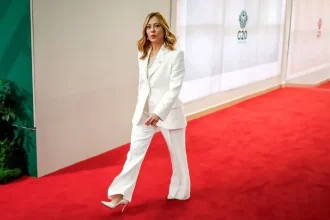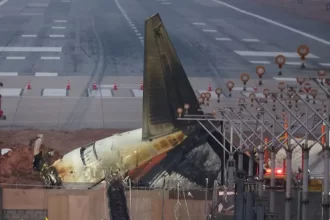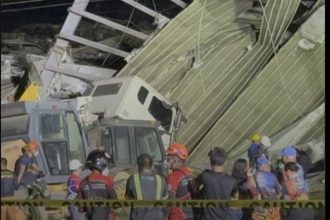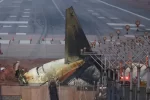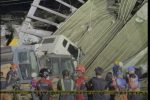Wealth inequality has become a global emergency, experts warn, threatening not only economies but the very foundation of democracy and social unity. As world leaders prepare to gather in South Africa for the G20 summit, they are being urged to confront what many now call an “inequality crisis” before it destabilizes societies even further.
A new report led by Nobel Prize-winning economist Joseph Stiglitz calls on the G20 to create a specialised International Panel on Inequality — a global think-tank modeled after the UN’s climate panel — to investigate the causes of inequality and drive solutions.
The findings paint a stark picture. One in four people across the world regularly skip meals, while billionaire wealth is at the highest level ever recorded. From 2000 to 2024, the richest one per cent captured 41 per cent of all new wealth, while the poorest half of the world received just one per cent. And although incomes have risen in some regions, inherited wealth is now exploding — with an estimated USD 70 trillion expected to be passed down over the next decade.
“We recognise a climate emergency — it’s time we recognise an inequality emergency too,” Stiglitz said. “This is not only unfair; it weakens trust, polarises societies, and threatens our political and economic stability.”
The report also warns that “law of the jungle” global trade tactics, including unilateral tariffs, risk deepening inequality by skewing international systems in favour of the most powerful players.
South African President Cyril Ramaphosa, leading this year’s G20, called the findings “a blueprint for greater equality” and vowed to push this agenda globally. More than 80 per cent of countries now face high inequality — and those nations are far more vulnerable to democratic erosion, social unrest, and rising authoritarianism.
Key proposals include fair taxation on multinational corporations and ultra-wealthy individuals, breaking monopolies, stabilising essential prices, and easing debt burdens on struggling nations.



